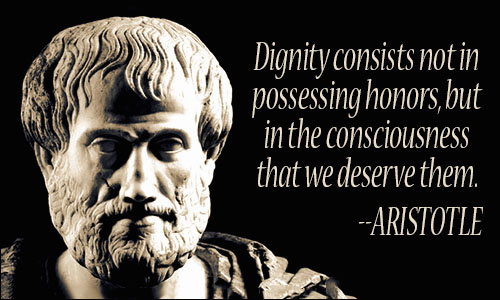Dr. Caligari's cabinet is now so crammed that he had to stow stuff in the Cupboard. Time may wound all heels but once in a while you need a cup of tea.
Wednesday, January 11, 2017
The boss knows how it is done; the leader shows how
Harry Gordon Selfridge was born on January 11, 1864. Though American-born, he is best known as the founder of the British store Selfridge and Co., Ltd (think Macy's, for those of you unfamiliar with the store). He receives little or no attention here in the United States. His name does not appear in any textbooks, he is not honored with any holidays, his image does not appear on any currency, and his biography has never aired on A&E (though it has aired on PBS). And yet Mr. Selfridge's philosophy has had more impact on western civilization than a dozen Aristotles.
His great maxim is uttered carelessly by a million voices every day, is enshrined in the halls of commerce and government alike, and has permeated our culture to the point where it has become a cliche. Like most successful ideas, we can hardly imagine that his concept was ever new or controversial; we must strain our imaginations to conceive a world unilluminated by his wisdom.
It was Mr. Selfridge's philosophy that "the customer is always right" and "give the lady what she wants" (this phrase might more have to do with the fact that Selfridge, a widower at the time, carried on scandalous affairs with Isadora Duncan, Anna Pavlova and not one but both silent film stars, The Dolly Sisters, simultaneously.)
This was an unorthodox, even heretical proclamation to the ears of nineteenth century merchants, who had been operating--like their parents and grandparents and scores of generations before them--under the assumption that the customer was an idiot who didn't know his ass from a hole in the ground.
Prior to widespread acceptance of Mr. Selfridge's theory, exchanges between merchant and customer often went something like this:
Customer: This is a terrible shirt. There's no hole for my head, the arms are too long, and it barely comes down over my shoulders.
Merchant: That's because it's a pair of pants, you jackass.
After the revelation of consumer infallibility, however, the same exchange was more likely to go something like this:
Customer: This is a terrible shirt. There's no hole for my head, the arms are too long, and it barely comes down over my shoulders.
Merchant: You're absolutely right, of course. Thank you for bringing it to my attention. You can rest assured we'll have our seamstresses taken out and shot.
Consumer infallibility changed the face of commerce because instead of producing goods and then trying to force them upon the public, merchants began appraising the public's needs and trying to provide products and services that met them. Merchants became less inclined to insult, spit at, or strike their customers, and more inclined to take them out to dinner.
This shift dovetailed nicely with the growth of political pluralism, which saw governments becoming more responsive to their electorates based on the premise that "the voter is always right." (It has been argued, however, that whether they are made love to or raped, most electorates still end up screwed.)
Mr. Selfridge's birthday should be celebrated throughout western civilization as a holiday of emancipation, no less significant than the signing of the Magna Carta, the drafting of the U.S. Constitution, or the invention of two-ply toilet paper.
And so it goes.
Subscribe to:
Post Comments (Atom)



No comments:
Post a Comment